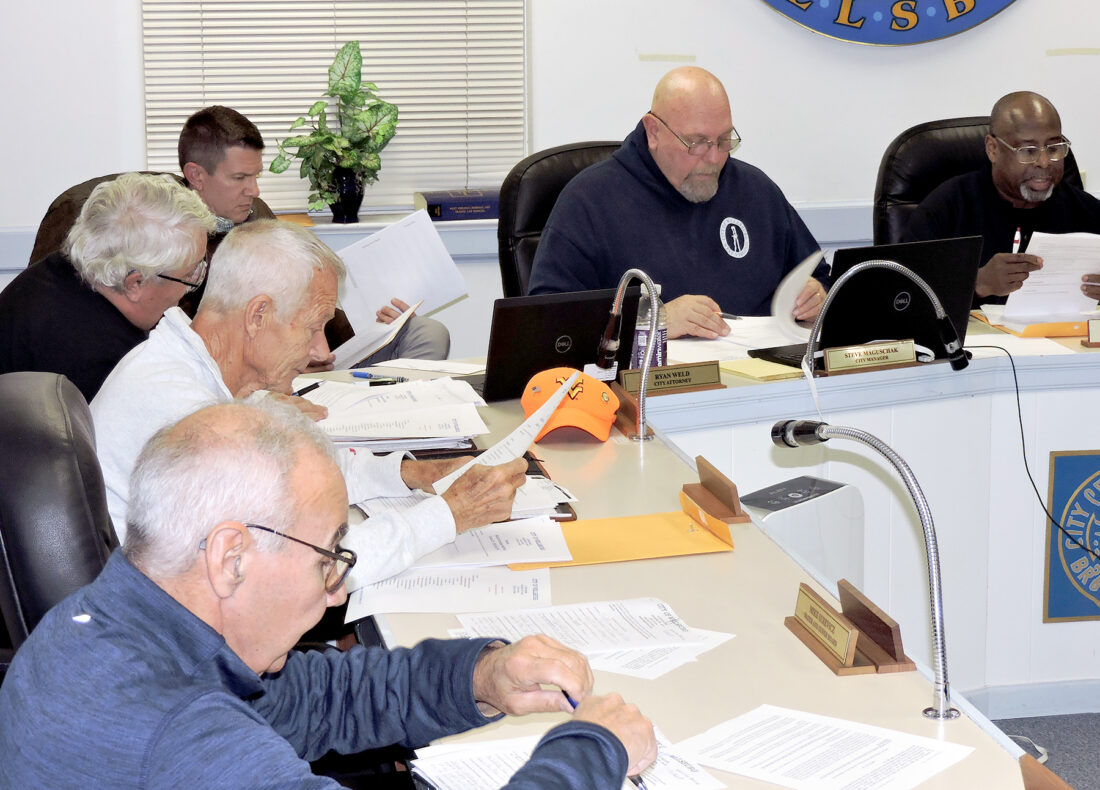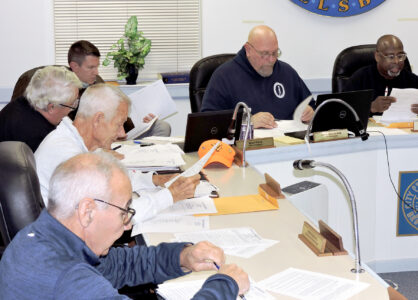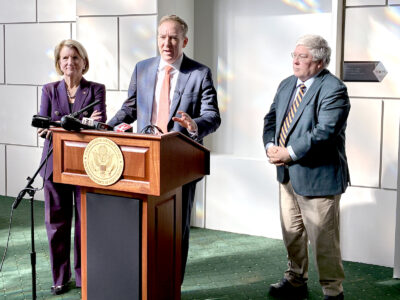Wellsburg Council gives nod to Home Rule application

MOVING FORWARD — On Wednesday, Wellsburg Council agreed to submit an application for West Virginia’s Home Rule program, allowing it to introduce a 1 percent sales tax for many goods and services provided by local businesses. -- Warren Scott
WELLSBURG — On Wednesday, Wellsburg Council agreed to apply for the state’s Home Rule program, a move that will allow it to implement a 1 percent sales tax and more options in addressing public nuisance and tax-delinquent properties.
Following a public hearing, in which no comment was received, council voted 6-0 to submit the application to the state’s Home Rule board for consideration in January.
First Ward Councilmen Jerry Nichols and Scott Kins, 2nd Ward Councilman Geno Capp, 3rd Ward Councilmen Randy Fletcher and Tom Gaudio and 4th Ward Councilman Larry Swanson approved the action.
Second Ward Councilman Scott Caldwell and 4th Ward Councilman Fred Marino didn’t attend the meeting.
Citing a shortfall in revenue needed to maintain streets and other facilities, Wellsburg officials proposed the 1 percent sales tax for goods and services obtained in the city with some exceptions.
The application states, “The proposed 1 percent sales and use tax would apply to sales of tangible personal property, custom software, as well as the furnishing of taxable services when the transaction is sourced to the City of Wellsburg and the transaction is subject to state sales and use taxes.”
The tax is expected to generate about $172,000 per year for the city and offset a loss in revenue from the closing of some local industries.
At the public hearing, City Solicitor Ryan Weld said, “The numbers that go into this are purely estimates because you don’t know how much that 1 percent will generate.”
As an example, he noted the local Kroger store sells primarily uncooked food, which isn’t taxed by the state and can’t be taxed by the city, so it’s difficult to say how much sales tax would be generated by that business.
Restaurants and other businesses that sell prepared food would be eligible for a $1,000 annual credit against business and occupation tax collected by the city.
Weld said to implement the sales tax, the city must reduce its B&O tax, though the state doesn’t dictate where those reductions should occur.
He noted to meet that requirement, the credit would be offered to restaurants and others in that category while B&O tax would be eliminated for businesses in other categories, including some that don’t currently operate in the city.
They include those engaged in the production of coal, sand, gravel, oil, slag, natural gas, limestone and sandstone and amusements.
B&O tax also would be reduced for rent and royalties, from 0.55 percent to 0.25 percent, making that tax rate one-fourth of the maximum rate allowed by the state.
The sales tax also wouldn’t apply to motor fuel, motor vehicles or satellite television services.
Weld confirmed collection of the tax would fall to the state tax commissioner, which would take an administrative fee from the tax.
He said the city must submit nine-digit ZIP codes for its businesses so the state can collect tax on goods or services sold through the internet.
While a need to generate more money for streets and water and sewer infrastructure was cited as a motive, revenue from the sales tax would go to the city’s general fund, to be used as council deems necessary, Weld said.
If approved, the sale tax will begin on July 1.
If accepted into the Home Rule program, the city also could authorize “on the spot” citations for violations of public nuisance ordinances, such as high weeds or grass and the exterior accumulation of garbage on private property, a recurring complaint to council in recent years.
The citations could be issued by a code enforcement officer to property owners or managers or their occupants.
The applications notes municipalities currently are required to sell property acquired because of delinquent taxes “for fair and adequate consideration” through a public auction.
Through the Home Rule program, such property could be sold or leased for less than its fair market value to a private entity attempting to develop a business or a nonprofit organization providing a service to the public.
City Manager Steve Maguschak thanked Weld “for the amount of work you put into this.”
Following the meeting, Mayor Dan Dudley said the three measures would provide a boost to the city.
“I see it all as positive for the city,” he said.



